New movie FRUITVALE STATION tells the true story of Oscar Grant (played by Michael B Jordan), a 22-year-old Black man, and his tragic interaction with Transport Police on the night of New Year’s Eve 2008.
The story of his tragic and needless death at the hands of law enforcement officers in America, reminded many of the killing of Mark Duggan in the UK.
Mark Duggan, 29, was a passenger in a minicab when on Thursday August 4th 2011 he was shot dead in the street by police. The death occurred during an operation where specialist firearm officers and officers from Operation Trident, were attempting to carry out an arrest. It was at first announced that Mr Duggan had been shot after an apparent exchange of fire. Later the IPCC admitted it may have misled journalists into believing Mr Duggan fired at officers before he was killed. The circumstances of Duggan’s killing resulted in public protests in Tottenham which, fuelled by poverty and racial tension, led to conflict with police and escalated into riots across London and other English cities. This is widely seen as the cause of the 2011 England riots.
Like Oscar Grant, Duggan had had previous dealings with the police but was said to be “a good Dad” who “idolised his kids”. He and his fiance were hoping to marry soon and move out of Tottenham to “start a new life together” with their three children.
The main difference between the Duggan and Grant cases, was that in the American example there were many eye witnesses, with the event even being caught on camera phones. Perhaps this is why the Police in the Grant case were convicted. Some were disgusted that Grants’ murderer only served 11 months, but the officers who shot Duggan’s here in the UK were not even found guilty.
On Wednesday January 8th 2014, the jury at the High Court in London found the Police officer who shot Mark Duggan dead, not guilty of unlawful killing.
The presumption of the ‘Great-British-Public’ and the ‘Main-Stream-Media’ is that if the Police use force, then that force must be warranted. If the Police use deadly force, then they must have considered themselves or the public to be in mortal danger. In this case the deadly force was justified because the Police THOUGHT that Duggan had a gun and was aiming to shoot. The fact that he didn’t is just a tragic mistake.
But this Duggan shooting is no isolated incident. To put this case in perspective, let’s have a quick review of the Police’s treatment of Black Britons over the last 30 years.
On 12 January 1983, a young black Hackney man, Colin Roach walked into the lobby of the old Stoke Newington police station, and allegedly blew his head off with an old shotgun. Roach had only minor convictions and was not wanted by the police at the time. There was evidence that he feared ‘someone’ was out to get him. Among the black community of Stoke Newington, ‘someone’ was the police. There were sections of the local community which believed he had been shot by the police. Others believed that whilst the police generically might be capable of doing this, they would not be so foolish – unless this was the most amazing double-bluff – to do it literally on their own doorstep.’
A coroner’s jury voted eight-to-two that Mr Roach committed suicide, but Hackney residents staged angry demonstrations and refused to accept the verdict, pointing out that (among other puzzles) no fingerprints had been found on the shotgun; nor had it been forensically linked to the dead man.
In 1985, an independent inquiry into his death on behalf of the dead man’s family was told of police harassment, wrongful arrest, uncivil conduct during home raids, misuse of stop and search and other abuses to Stoke Newington’s residents.
In September 1985 the police conducted an armed search of the home of Cherry Groce seeking her son Michael Groce in relation to a suspected firearms offence – they believed Michael was hiding in his mother’s home. Mrs. Groce was in bed when the police began their search and Michael was not there at the time, but Mrs. Groce was hit by a police bullet – an injury which left her paralysed from the waist down. This event was the spark for the Brixton Riots of 1985. The police officer who shot Mrs. Groce, Inspector Douglas Lovelock, was prosecuted but eventually acquitted of malicious wounding. Mrs. Groce received compensation from the Metropolitan Police.
The very next month a young black man, Floyd Jarrett, was arrested by police, having been stopped in a vehicle with an allegedly suspicious tax disc. Four police officers searched his home. In a disturbance between police and family members, his 49-year-old mother, Cynthia Jarrett, fell over and died of a stroke. Cynthia Jarrett’s death sparked outrage from members of the black community against the Metropolitan Police, and was the spark for the Broadwater Farm Riot.
Joy Gardner was a 40-year-old Black woman from Jamaica who was killed during a struggle with the police at her home in Crouch End, London. Joy had come to visit her mother, Myrna Simpson, in 1987, but had overstayed her 6 month visa. In 1993 an immigration officer and police officers arrived at her home to serve a deportation notice. When Gardner refused, the police entered her home and struggled and fought with her. Police gagged and restrained Gardner using a body belt and wrapped 13 ft of tape around her head which they later claimed was to prevent her biting them. Gardner suffocated and subsequently fell into a coma. She later died in hospital. These events were witnessed by Gardner’s five year old son. The three police officers involved were found not guilty of manslaughter in 1995.
In April 1998. Christopher Alder, a 37-year-old trainee computer programmer and former British Army paratrooper who had served in the Falklands War and Northern Ireland, had been assaulted outside a night club and taken to a local hospital, where he was arrested by officers for an alleged breach of the peace following complaints about his behaviour from nursing staff . While fit enough to get into a police van by himself, CCTV footage shows that upon arrival at the police station, Alder was unconscious when dragged from the van and placed on the floor of the custody suite. Officers calmly chatted among themselves, one of them suggesting he was faking illness. Eleven minutes later, when officers finally realised he had stopped breathing, attempts to resuscitate him came too late. Alder died lying face down, handcuffed, with his trousers around his ankles on the floor of a police station in Hull. Following his death, Alder’s sister Janet launched a long struggle for justice. In 2000 a coroner’s jury returned a verdict of unlawful killing, and in 2002 five police officers went on trial accused of manslaughter and misconduct in public office. All were cleared on the orders of the judge. An internal disciplinary inquiry by Humberside Police cleared the officers of any wrongdoing. In 2006, an Independent Police Complaints Commission report concluded that four of the officers present in the custody suite when Alder died were guilty of the “most serious neglect of duty”, but the officers responsible walked free.
On January 11, 1999, police arrived outside Roger Sylvester’s house as a result of a 999 emergency call. Two officers came to the house initially and found him naked in his front garden. Within minutes another six officers had arrived. The eight officers put Sylvester to the ground where he was handcuffed. He was detained under Section 136 of the Mental Health Act. Police officers told his family that he was restrained “for his own safety.” According to one witness, Sylvester’s body was already limp when it was placed in the police van. He was taken to St Ann’s hospital and carried from the van to a private room where, still restrained, he was put on the floor by upwards of six police officers for nearly 20 minutes before being seen by a doctor. The officers, with the assistance of medical staff, tried to resuscitate him but he had sustained numerous injuries and remained in a coma at the Whittington hospital until his life support machine was switched off seven days later.
24 year old Azelle Rodney was a back seat passenger of a Volkswagon Golf travelling the streets of North London in April 2005, when the police performed what they call ‘a hard stop’. The car had been under surveillance for several hours before officers stopped it in Edgware. Police believed he was part of an armed gang who were on their way to rob a Columbian drugs gang. With this suspicion the Police could have arrested Rodney and the other occupants of the car before they even started their journey, but instead chose to allow them to start their drive across London. Alternatively, the officers who had been following Rodney’s car covertly, could have switched on their lights and siren when making the stop so that they could clearly have been identified as officers. Instead, within seconds of the Police surrounding the car, Rodney was shot six times by an armed officer who offered no verbal warning. Two other occupants of the car were later convicted for firearms offences, but there was no evidence that Mr Rodney was holding a weapon at the time of the shooting. True to form an investigation by the IPCC exonerated the Police, and the Crown Prosecution Service decided there was no criminal case for the police to answer. Seven years later in 2012 a public inquiry was opened instead of an inquest because a coroner would not have been able to see some of the evidence that Police say was behind their actions. In July 2013, a public inquiry chaired by a retired High Court judge concluded the killing was unlawful.
On March 15th 2011 Police conducted a search at the home of David Emmanuel aka reggae artist Smiley Culture. Whilst Police were at the property Smiley Culture sustained a single stab wound to the chest, from which he later died. An investigation into the Police operation was conducted by the IPCC and found no evidence that a crime had been committed, and no misconduct by Police officers. An inquest into Smiley’s death will be held in front of a jury and will not take place before the conclusion of the trials to which Smiley was allegedly linked.
Though apologists say that relations between the Police and Black people are much better than they were back in the day, the truth is that little has changed. Back in the 80’s it was the hated ‘Sus’ law that caused tension between the Police and young Black men – now its Section 60 powers. Introduced in the 90’s to deal with football hooliganism, now its used to harass those who’ve never been to a football match.
In 2010 there were 70,000 stops and searches in London alone. Analysis by the London School of Economics and the Open Society Justice Initiative shows that during the last 12 months a Black person was nearly 30 times more likely to be stopped and searched that a white person. And a separate analysis, based on Home Office data reveals that less that 0.5% of section 60 searches led to an arrest for possession of a dangerous weapon, five times fewer than a year ago. And then they wonder why so many young Black men hate the Police?
How much have things really changed? The death of Cynthia Jarret at the hands of the police led to the Tottenham Riots in 1985. The shooting of Cherry Groce by Police the same year led to the Brixton Riots. The shooting of Mark Duggan by the Police led to the Tottenham Riots of 2011 and the general hostility towards the police by Black people, and feelings of alienation and hopelessness from the underclass took those riots nationwide.
The case of Oscar Grant, like the 1991 case of Black motorist Rodney King, (below) shows that often it is only when evidence is caught on camera, that justice will be served.
Lee Pinkerton


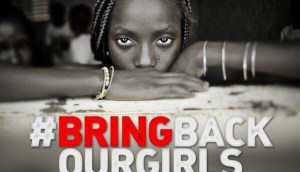 As the attacks from the scourge known as Boko Haram continues to get bloodier and more…
As the attacks from the scourge known as Boko Haram continues to get bloodier and more…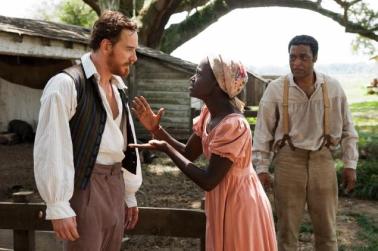

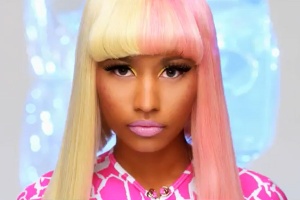

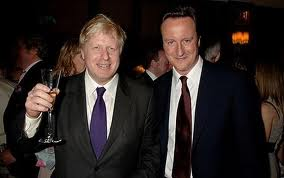

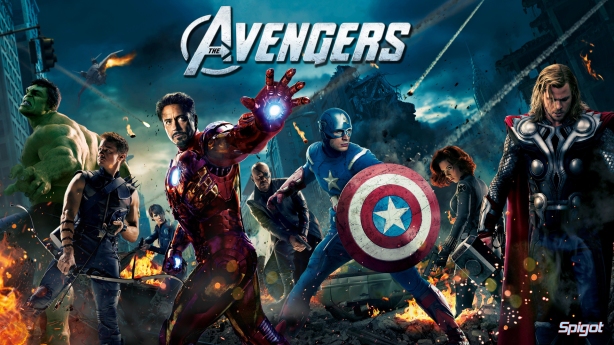
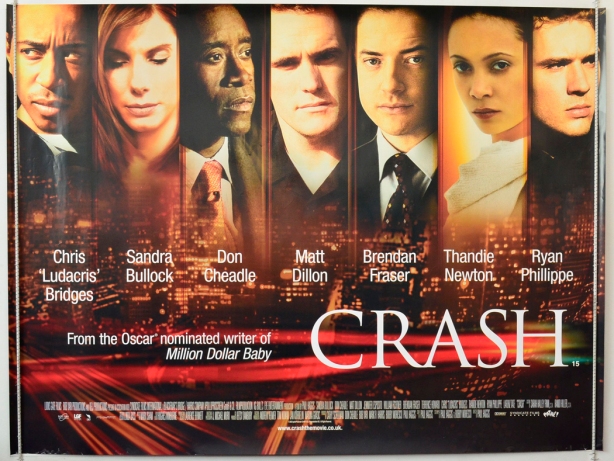


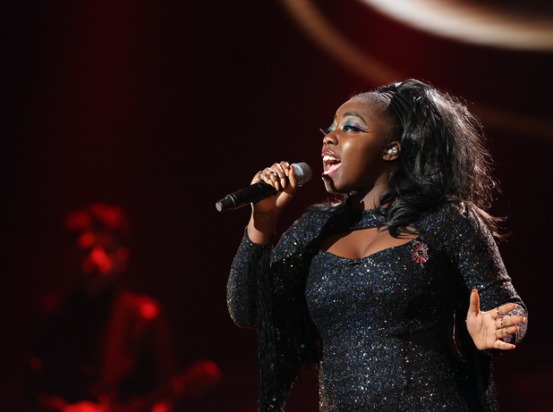


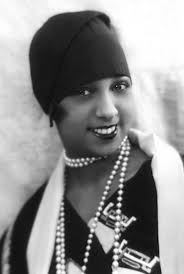
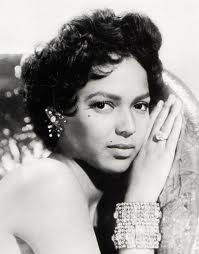

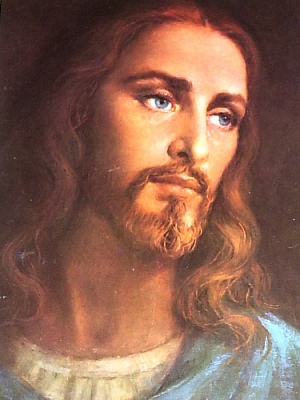



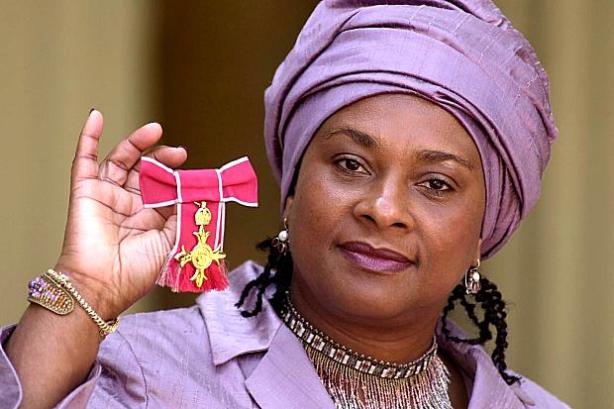
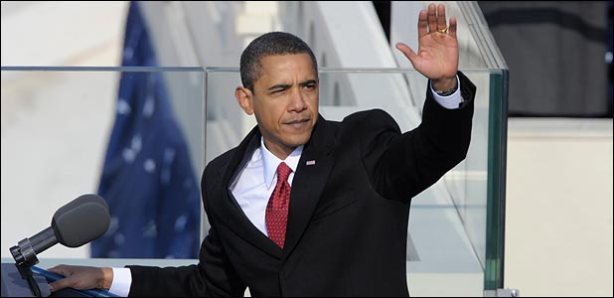
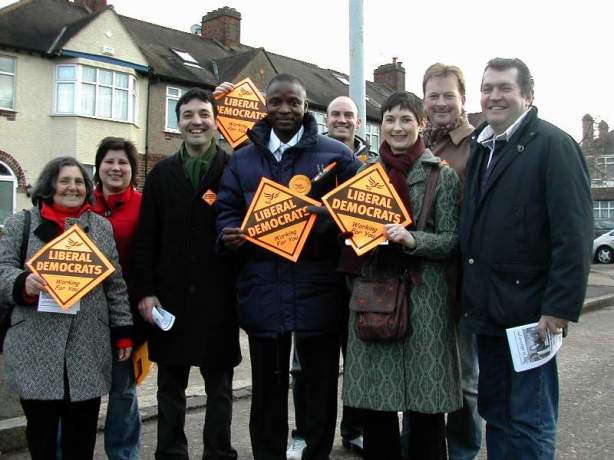
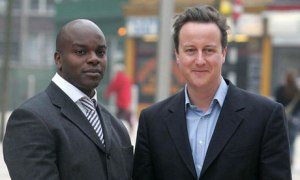
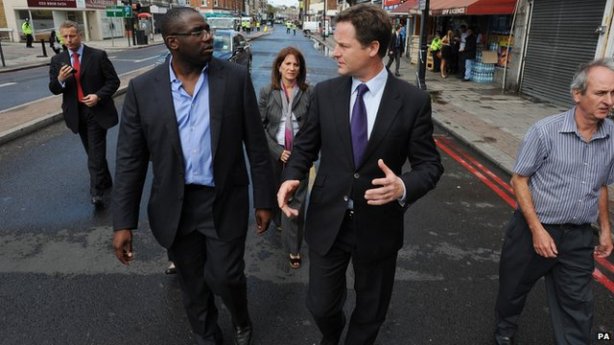
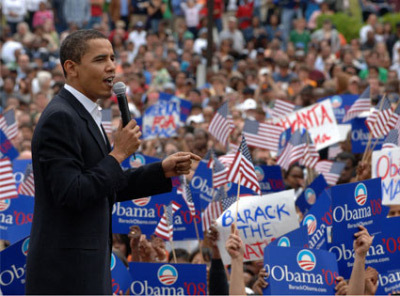
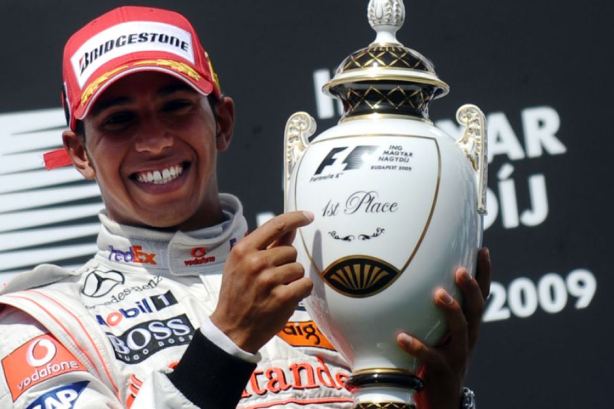
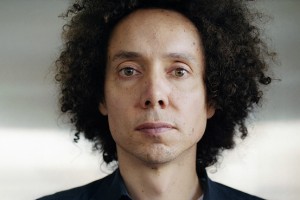
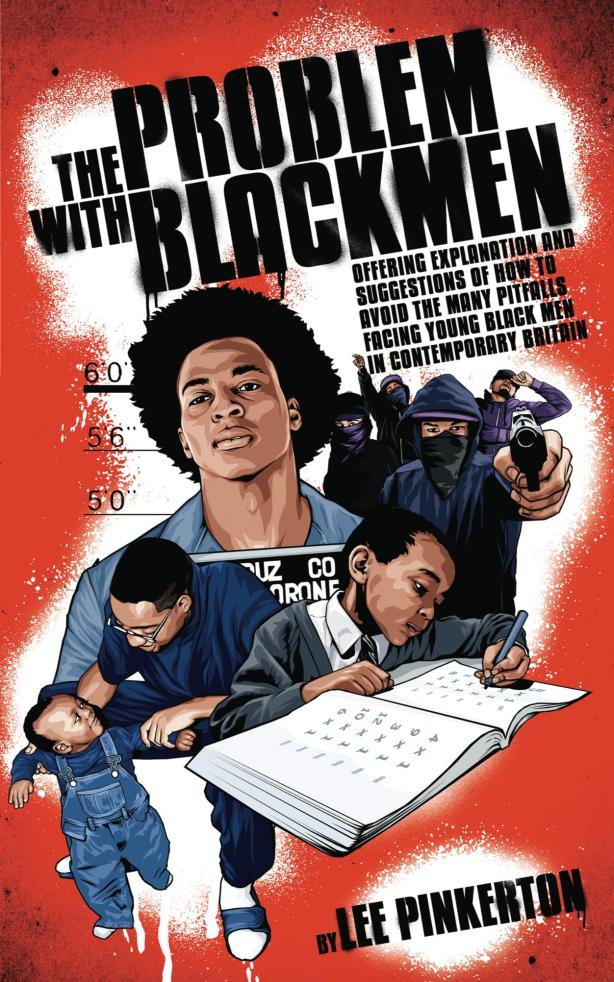
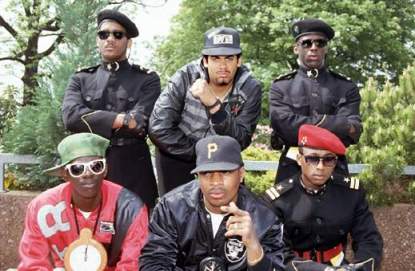 Today April 18th 2013 is
Today April 18th 2013 is 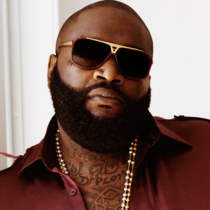 In recent days a lot has happened that has kept the issue of rape and rape culture in the forefront.. It ranges from two female social commentators/ bloggers
In recent days a lot has happened that has kept the issue of rape and rape culture in the forefront.. It ranges from two female social commentators/ bloggers